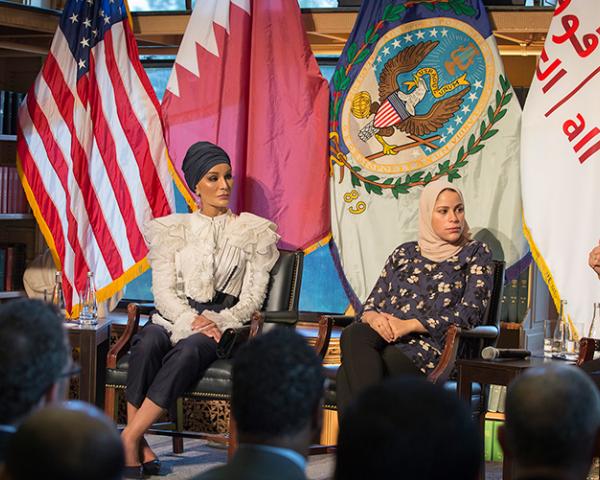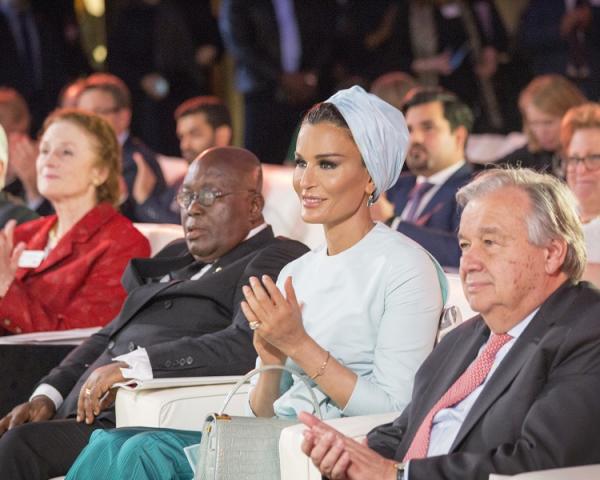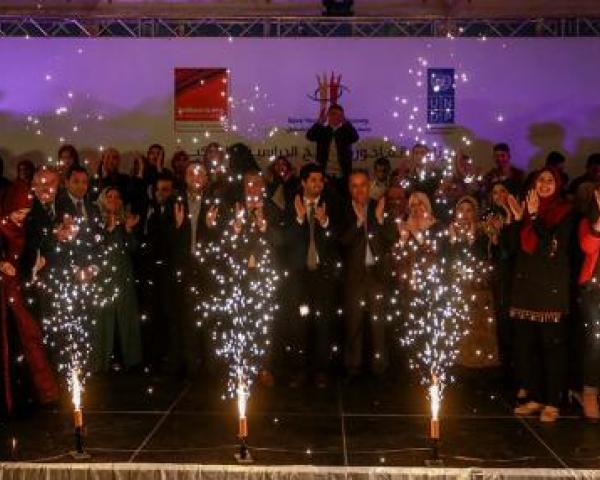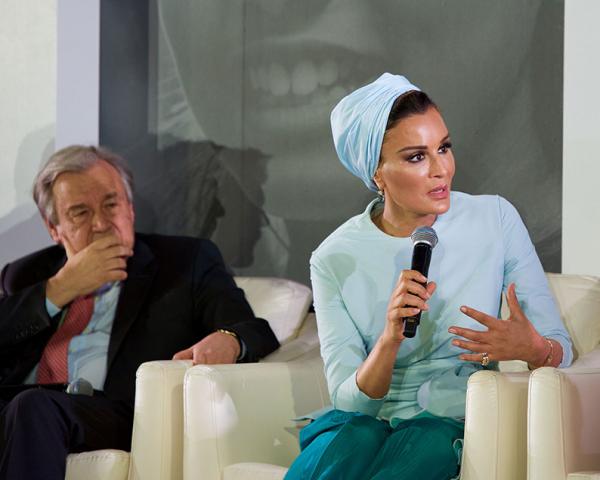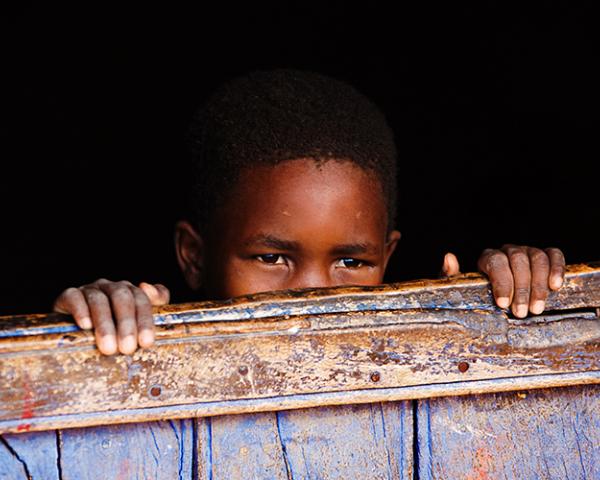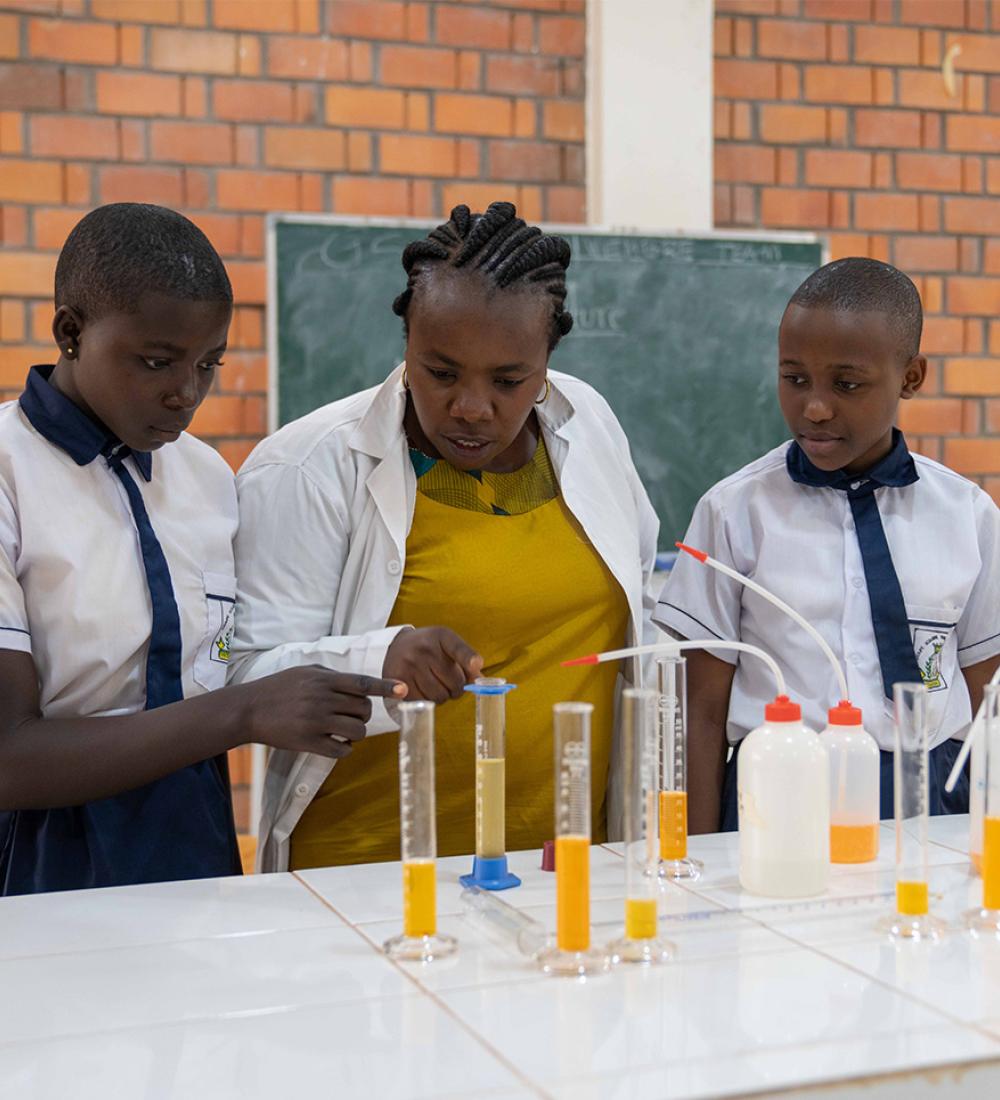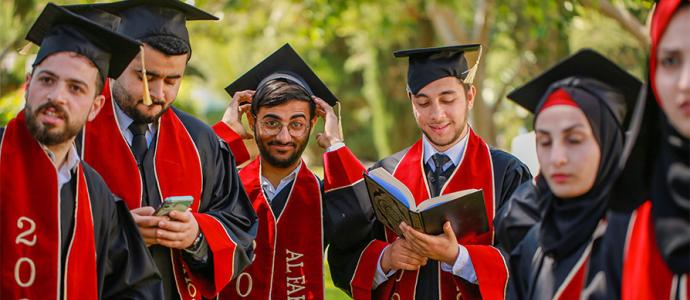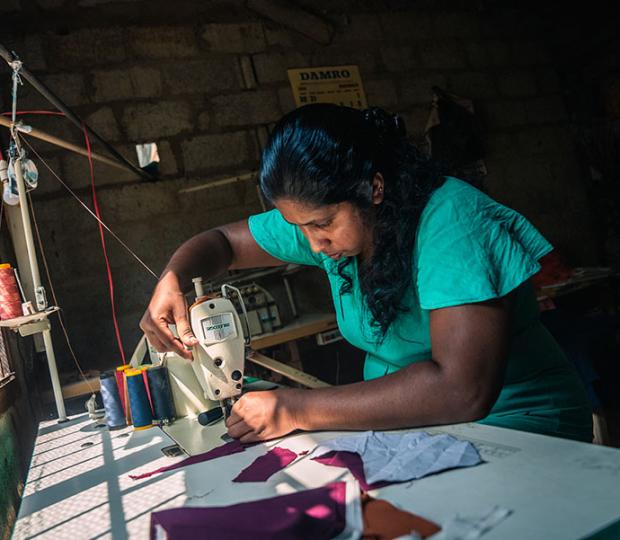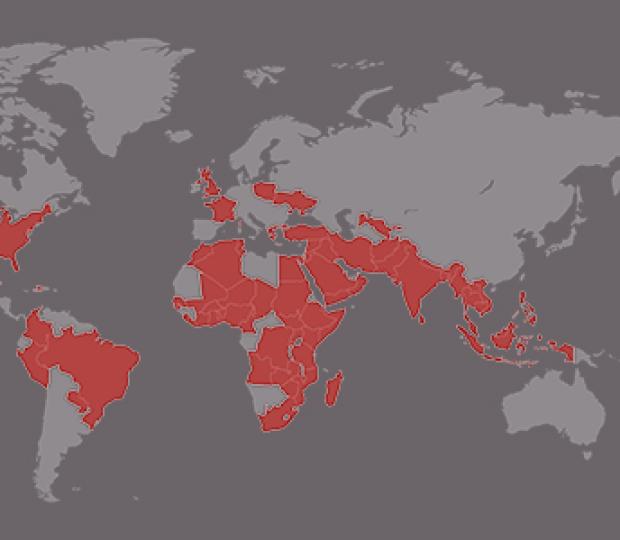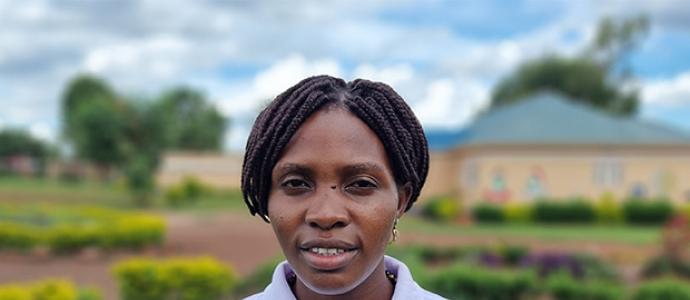EAA Foundation supports ministers in arguing for recognition of education achievements in Brussels
Brussels – 3 December 2018: Education Above All (EAA) announces efforts to build a global consensus on recognising the academic credentials of migrant and refugee children at the 2018 Global Education Meeting.
Today, as representatives from around the world gather to discuss progress towards the Sustainable Development Goals, Education Above All have announced a global drive to develop agreements on recognising across-borders, the educational achievement of school-age children who have had to flee their homes or have chosen to migrate to another country.
During a parallel session at the event, hosted by EAA, UNESCO and UNHCR, and moderated by renowned BBC correspondent Yalda Hakim, panellists including Maha Mamo, a former stateless person, Karim Albrem, Global Youth Advisory Committee of UNHCR, , Dr Alexandru Manus, Southern New Hampshire University’s Office of Academic Quality, Accreditation and Support, Romanian, and Stig Arne Skjerven, Norwegian Agency for Quality Assurance in Education (NOKUT), Norwegian ENIC-NARIC will call for systematic changes to be made to the way that the past educational achievements of refugees and migrants are recognised; so that refugee and migrant children are given an equal opportunity to learn, and become productive members of society in their host communities.
Speaking as hosts of the panel Education Above All, will say:
‘The current system unfairly impacts refugees and migrants, yet ample instances exist that demonstrate the effectiveness of accrediting educational achievements in higher education. These examples of co-operation can serve as a blueprint for certifying attainment and skills at other levels of the education system too. We know this can be done. And if we are successful, we remove a huge barrier faced by an entire generation, many of whom just want the chance to finish their education and learn the skills they need to one-day return home and help rebuild the communities they had to leave behind.’
With 64 million children still without access to primary education, and almost half a million more out of school refugee children this year than in 2017, the scale of this problem is increasing faster than our combined efforts can address it.
EAA will be calling on its fellow SDG members to build upon what we have collectively learned, and dramatically scale up work to educate the increasing number of migrant and refugee children – and out of school children everywhere. This will be critical if we are to achieve SDG4 and the wider SDG framework, and EAA will continue using our voice on the steering committee to advocate for collective action.
Education Above All is proud of the decision by UN member states on 13 November to adopt the refugee compact and to commit to seeing the recognition of credentials for migrant and refugee children and young people. EAA will continue to use our voice on the global stage to advocate for important issues that will ensure every child and young person has the right to access education.
Case study
Behind each statistic is an individual – a child or young person, with hopes and dreams of one-day returning to their homes to help rebuild their communities. As a foundation dedicated to the protection and provision of education for the most marginalised and hardest to reach children and young people, Education Above All knows that education is the key to their progress and prosperity.
Malek Hmdan, who fled the Syrian city of Homs to Turkey during the brutal civil war, is studying to be an architect so that one day he can return to Syria to rebuild his homeland. He says, ‘getting a higher education is a rescue for myself, my family and society for the people from Syria and the destroyed Homs, it is the safety valve for the region, education is more important than food baskets and houses for Syrians because it gives them something truly solid.’






